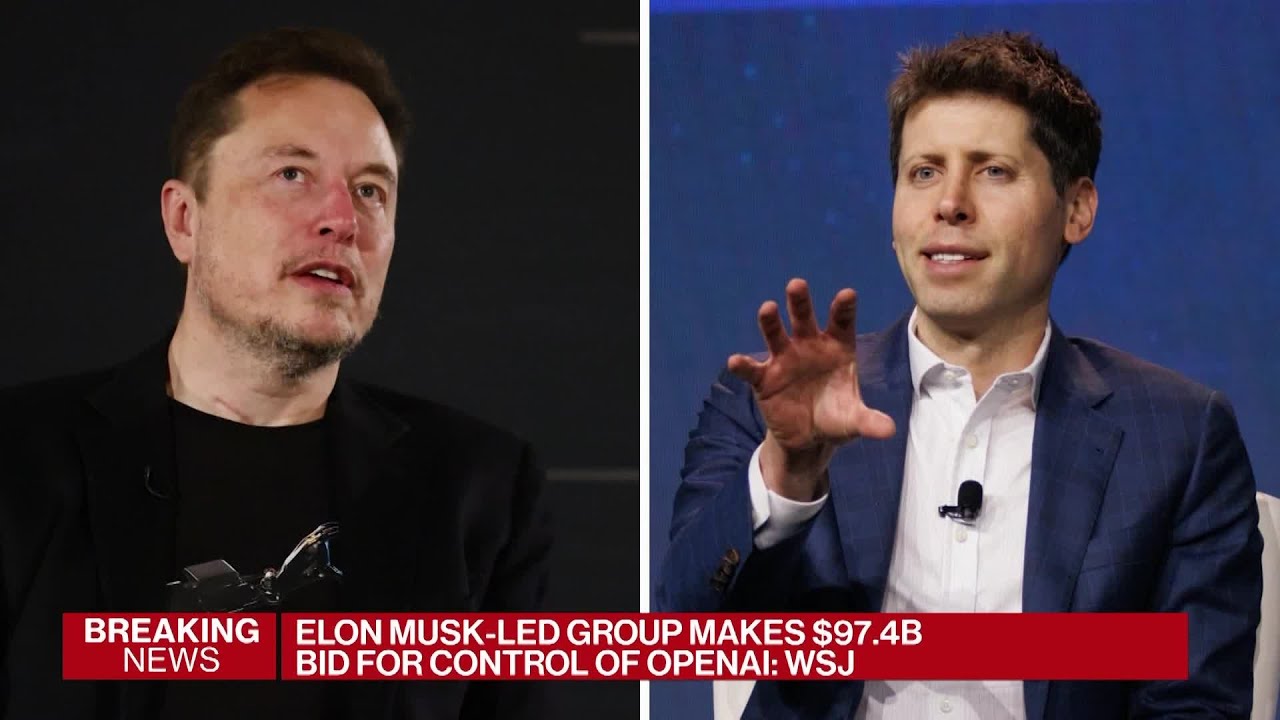Elon Musk is leading a group making a $97.4 billion unsolicited bid for control of OpenAI, following a public disagreement with CEO Sam Altman over the company’s direction. The bid, viewed as a lowball offer compared to OpenAI’s recent $300 billion valuation, reflects Musk’s desire to assert his vision for AI and reignite the debate over the company’s nonprofit versus for-profit model.
The Wall Street Journal has reported that Elon Musk is leading a group making a $97.4 billion unsolicited bid for control of OpenAI. This move comes after Musk, a co-founder of OpenAI, had a public falling out with CEO Sam Altman over the company’s direction. Musk’s bid appears to be an attempt to assert his vision for the future of AI, contrasting with the current trajectory of OpenAI, which has been raising funds at a valuation of around $300 billion.
The bid is characterized as a lowball offer, especially given OpenAI’s recent fundraising efforts. Analysts suggest that the board of OpenAI may not take the bid seriously due to its significantly lower valuation compared to what the company has been able to attract in the market. This unsolicited nature of the offer raises questions about its viability and the likelihood of it being considered by OpenAI’s leadership.
Musk’s consortium includes notable figures such as Joe Lonsdale and Ari Emanuel, and the bid is being made through Musk’s AI company, X.AI. This strategic choice indicates Musk’s intent to merge X.AI with OpenAI if the acquisition were to succeed. However, the complexities surrounding OpenAI’s current structure, which is transitioning from a nonprofit to a for-profit model, add layers of uncertainty to the bid’s implications.
The ongoing debate between Musk and Altman centers on whether OpenAI should remain a nonprofit or continue its shift towards profitability. Musk advocates for a nonprofit model, reflecting the original vision of OpenAI, while also recognizing the potential for profit in AI technologies through his other ventures, such as Tesla. This dichotomy highlights the broader conversation about the ethical and financial implications of AI development.
Ultimately, Musk’s bid for OpenAI underscores a significant power struggle in the AI landscape, with Musk seeking to regain influence over a company he helped establish. The outcome of this bid could have far-reaching consequences for the future of AI governance and the direction of OpenAI, as well as for Musk’s ambitions in the AI sector.
